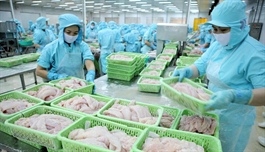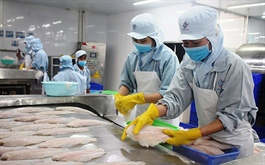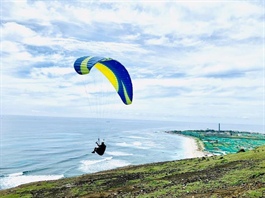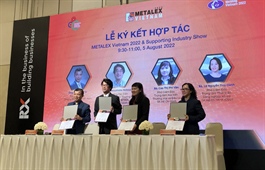Vietnamese tourism looks at niche markets
Vietnamese tourism looks at niche markets
Travel businesses will concentrate on niche markets rather than traditional markets such as South Korea or Japan.
Vietnam’s travel businesses should turn to less explored markets such as Mongolia, India, the Middle East and South America to restore and develop inbound tourism in Vietnam.
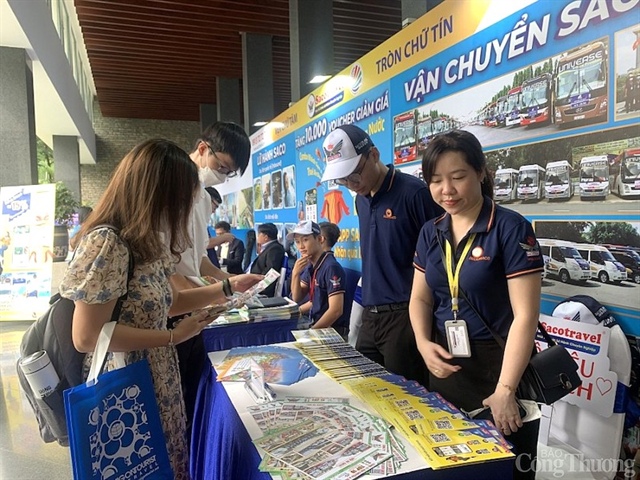
Local travel businesses attend the event. Photo: baocongthuong |
This is one of the suggestions given by Nguyen Anh Tuan, Director of the Institute for Tourism Development Research at the 2022 National Travel Forum with the theme “Solutions to restore and develop inbound tourism in Vietnam” on August 8 in Ho Chi Minh City.
Tuan pointed out some international tourism trends in Vietnam in the new context, in which travel businesses need to pay more attention to the niche markets.
Being of the same mind, Nguyen Thien Phuc, Director of Product Research & Development at Vidotour Indochina Travel, said in the context that traditional markets have not recovered, especially the Chinese one, “businesses should have specific products for the niche markets because they would generate considerable profits”.
He added that after the Covid-19 period, the best countries in preventing the pandemic will be the market of Vietnam’s tourism in the future.
Regarding the development of new markets, Lai Minh Duy, General Director of TST Tourist said that it is necessary to research and have customized products. TST has investigated India since 2015, but attracting tourists from this country still faces many difficulties, he said.
Increasing regional connectivity in tourism development is a priority for visitors to stay longer and spend more in Vietnam, according to Nguyen Cong Hoan, director of Flamingo Redtours. "We need a closer link among tourist destinations nationwide to lure visitors," he added.
The key role of Hanoi's tourism
Pham Van Thuy, Deputy Director General of the Vietnam National Tourism Administration, emphasized regional connectivity at a recent meeting to take stock of investment, trade and tourism promotion activities in the first six months of the year. In the coming times, the tourism industry needs to strengthen links between localities in promoting tourism, with the focus on Hanoi, which is seen as the central role to connect localities and attract tourists to the capital.
Thuy suggested Hanoi create favorable conditions and actively cooperate with localities in building unique tourism products and strengthening the connection between tour operators and trading enterprises.
"To increase tourist spending, Hanoi should invest in building thematic tourist areas and a model of nighttime economic activities," Thuy said.
The Vietnam National Administration of Tourism, for its part, has focused on accelerating digital transformation and e-marketing activities in tourism, he said, adding: “We are ready to "shake hands" with travel agencies to organize promotion programs in key international markets.”
Other businesses and experts attending this forum also contributed their views on cooperative solutions for a comprehensive recovery of Vietnam’s tourism which include solving visa issues, forming new product groups suitable for the new context, human resource training after two years of the pandemic impacts, promoting digitalization of the tourism industry, as well as enhancing communication on attractive destinations in Vietnam.
In the January-July period, Vietnam welcomed 733,000 international visitors, only reaching 15% of the 2022 plan and equal to 8% of the same period in 2019, before the pandemic outbreak.
To achieve the target of five million foreign tourists in 2022, the tourism industry needs to make a lot of efforts in promoting its image and building a variety of tourism products, according to tour operators. They expected a surge in the number of international visitors in the peak inbound season, starting this September.



